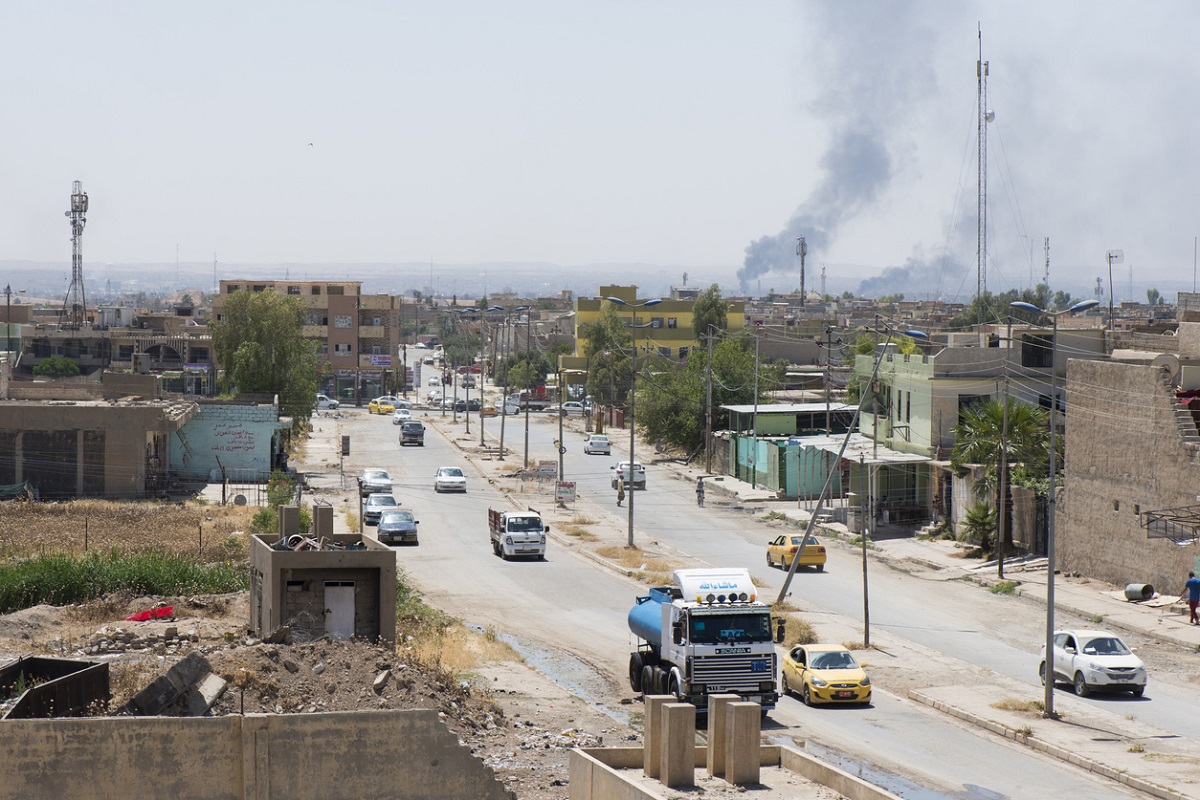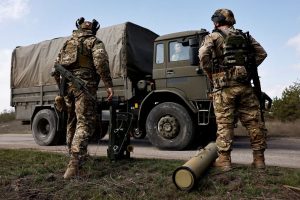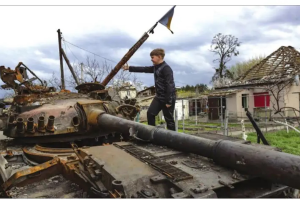The morale of the Islamic State of Iraq and Syria has been distinctly low for close to six months. There has been a dramatic comedown in ISIS killings. Four years after it germinated in Bashar al-Assad’s embattled country, it is now inching towards the brink, faced with the final territorial defeat in the relatively obscure town of Baghouz. The place, which hitherto was a speck on the map, is now poised to be the region where the fanatically furious Caliphate, which has driven people quicker to death than to its fearsome agenda, seems destined to meet its eclipse. Strategically, the nemesis is significant as Baghouz is the last bastion of the jihadists near the Iraqi border. Its decimation, therefore, cannot but have an impact on Iraq as well, and with it the region on the wider canvas. Altogether a testament to the strength of the US-backed Syrian force. In the absence of bombardment from the skies, it is hard not to wonder whether Vladimir Putin’s Russia has taken its hands off. It is now intrinsically a land operation, or a battle with boots on the ground, reminiscent of the Anglo-American invasion of Iraq (March 2003). As much is clear from the statement of the Kurdish-led Syrian Democratic Forces (SDF), which is advancing on two fronts with medium and heavy artillery. The fall of Baghouz, an eastern Syrian village on the bank of the historically connected Euphrates River, would mark a milestone in the global campaign against ISIS. Nonetheless, the group remains a threat in the desolate land further west, where it is reported to be using the tactics of the guerrilla. Enemies, both local and international, have confronted ISIS after it declared a Caliphate in 2014 across large swathes of territory that it had seized in offensives in Syria and Iraq.
Setbacks there were bound to be ~ in 2017 ISIS lost its twin capitals of Mosul and Raqqa. As its territory shrunk, thousands of fighters, followers and civilians retreated to Baghouz where the final assault is underway. The fall of the Caliphate now appears to be a question of time, though its presence in other parts of the world cannot readily be ruled out. Not the least in the subcontinent where last week’s mishmash of fact and fiction might just spur the militant… whatever the label. The SDF is bound to countenance complications not the least because of the Kurd factor, though the ISIS footsoldiers are massively outnumbered and unlikely to hold out very long. For now, the capture of Baghouz will signify the end of ISIS’ territorial control in the region, though it is unlikely to be a terminal blow to the Caliphate, which once covered vast swathes of Syria and Iraq, there to execute its mortal agenda. As they fight all the way to the bank, yet another chapter in world history is set to be crafted in the vicinity of the Euphrates river. Baghouz isn’t Balakote.











